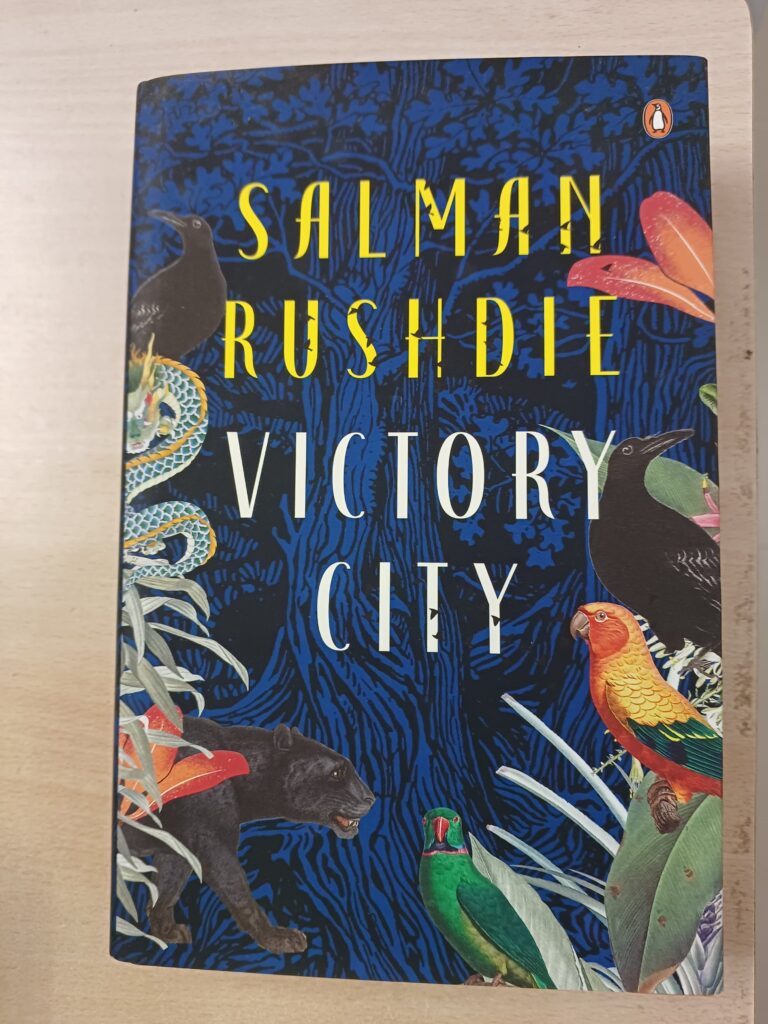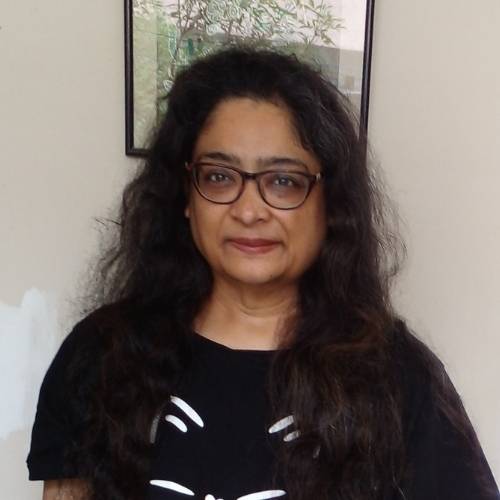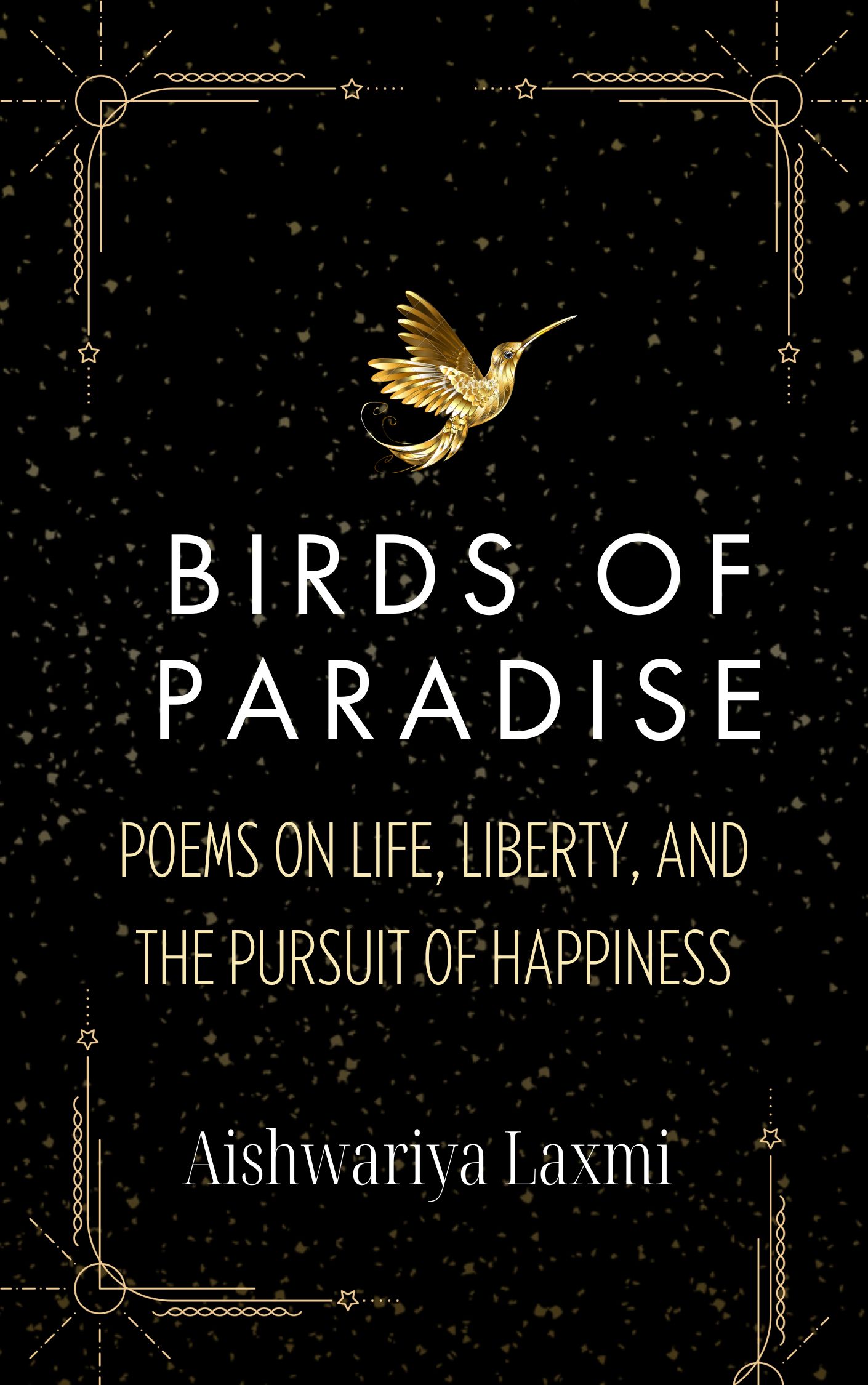The Lost City of Pampa
Book review of Victory City by Salman Rushdie, Penguin 2023
Reviewed by K.S.Loganathan( my dad)
Victory City is Salman Rushdie’s 15th novel and his first published after the dastardly attack on him last year for his writings, which blinded him in one eye. It deals with the birth, rise, and fall of Hampi, the capital and pinnacle of the Hindu Vijayanagara Empire, with its Dravidian Style Vittala temple and seven lines of fortification. The Vijayanagara Empire was one of the wealthiest kingdoms in medieval times, extending throughout South India, and it was characterized by the emergence of private property, tax farming, urbanization, militarization, and robust international trade, with Venice, Portugal, China, and Arabia. It is a precursor to the globalized, modern world. Hampi’s ruins are now a UNESCO world heritage site. Its walls were constructed without mortar or cement but by merely interlocking stones.
Salman Rushdie’s writing is categorized as “magic realism,” a literary genre, which has elements of unexpected and inexplicable mythology combined with everyday realistic occurrences. In Victory City, Rushdie combines the historical setting of the Vijayanagara Empire with added supernatural elements to present a strong narrative of a state that was founded on pluralism and military achievements, but which repeatedly failed to live up to its ideals. The founders, Hukka and Bukka, say they want peace, but make war on others to preserve it, and the insistence of their successors on having the one right belief undermines the empire’s founding principles and spawns rival factions and palace coups. Rushdie drew from a wealth of literature in Telugu, Kannada, and Sanskrit, as well as the extensive documentation of the area by Portuguese travelers. He uses the Portuguese name, Bisnaga, to affirm that it is a historical novel but also his imagined space. Its themes are the lust for power and the power of words in narrating it.

Book Cover – Photo by Dad
Pampa Kampana, sorceress, blind poet, and the founder of Bisnaga is the fulcrum of the novel. The world Pampa conjured into existence is one of peace, where men and women are equal and all faiths welcome, based on prosperity, happiness, equality, and military success. She is the queen three times, during the golden periods of Hukka, Bukka, and Krishnadeva Raya, but has to flee to an enchanted forest to spend 132 years in exile before arriving in style at the court of the 18th and most glorious of the kings, Krishna Raya. Her regency during Krishna Deva Raya’s absences in military campaigns earned her the opposition of local religious heads. Krishna Deva Raya’s arrogance, following his military successes, gained him and his successors external enemies. In one of the most poignant scenes, Pampa Kampana is blinded by the king at the behest of a jealous rival. As the empire collapses, finally, due to an invasion by a confederacy of Deccan Sultanates, she exclaims, “All that remains is this city of words. Words are the only victors,” before completing her magnum opus, Jaya Parajaya( Victory and defeat) and dying at age 247.
My Views
The reader who is unfamiliar with the magic realism genre should begin with either Salman Rushdie’s “Midnight’s Children,” where he uses fantastical elements to tell India’s origin story, or one of Chitra Banerjee Divakaruni’s works. Plunging straightaway into Latin American, South African, or Japanese works in the genre may be a bit too difficult for the novice to digest. Rushdie states that his voice has changed since Midnight’s Children as he uses language differently now, which is determined by each book’s subject matter. Rushdie revels in the medieval period and draws on the allegorical, fable-making tradition of both East and West to tackle age-old problems for the present generation, still grappling with their continuing effects. His narration is mostly polyphonic, with clauses and voices heaped as in a train wreck, but in this book, it is subtle and light. He tells the story of liberties being crushed and dreams turning into nightmares. Anyone visiting Hampi or making a foray into magic realism writing will enjoy reading this book.
I spotted a tiny error on Page 148 of the book. A line reads, “Nobody seemed to be getting older: neither the men nor the women. “At the time, there was only one man, Haleya Kote, in the forest, Grandmaster Li having departed earlier.












4 Responses
I was rather disappointed with ‘Quichotte’. So i decided not to read this one.
Ok…
I have read Rushdi’s Midnight Children and found it a tough reading. Haven’t tried another one of his.
@Prasanna Raghavan – I see.